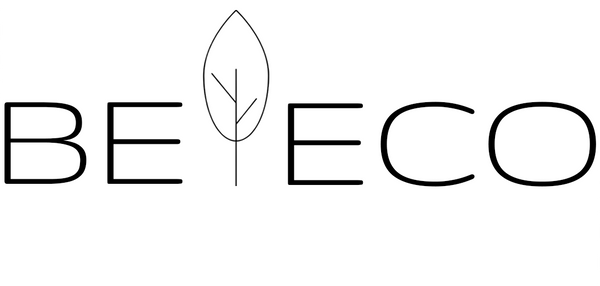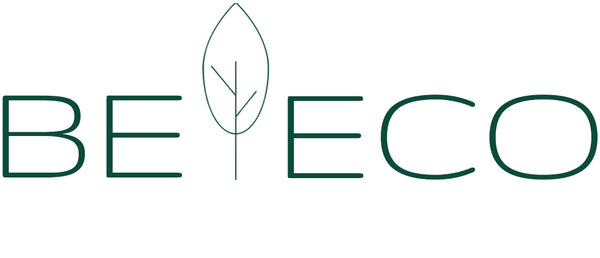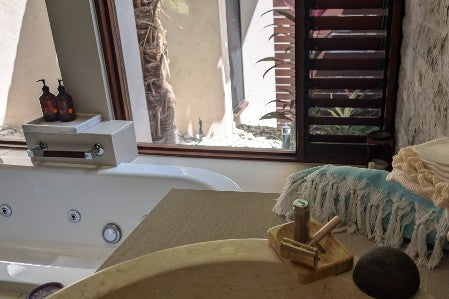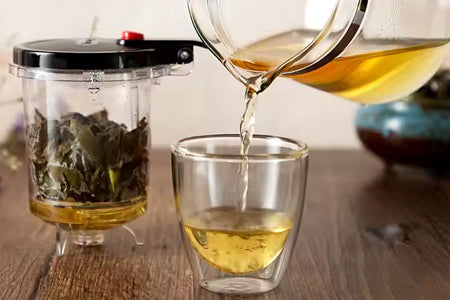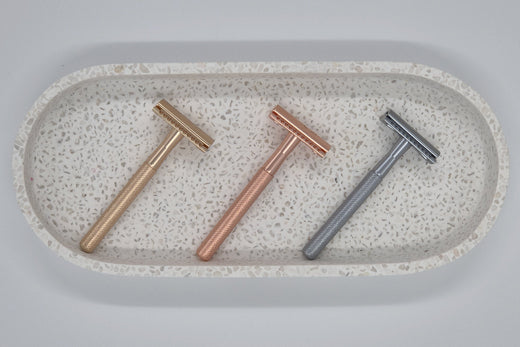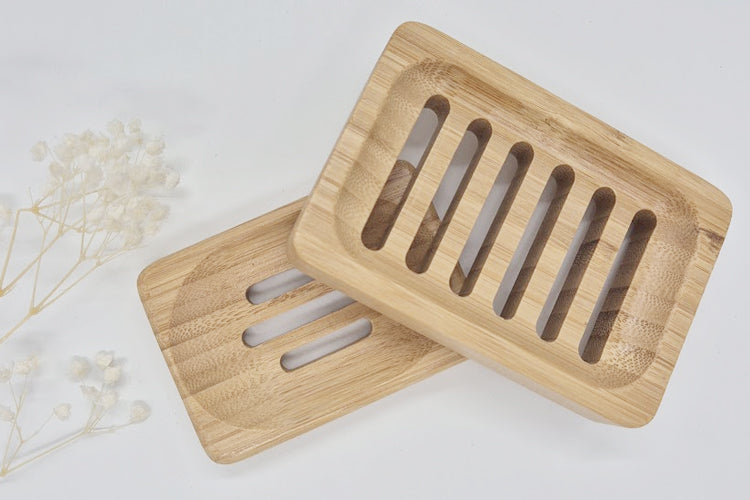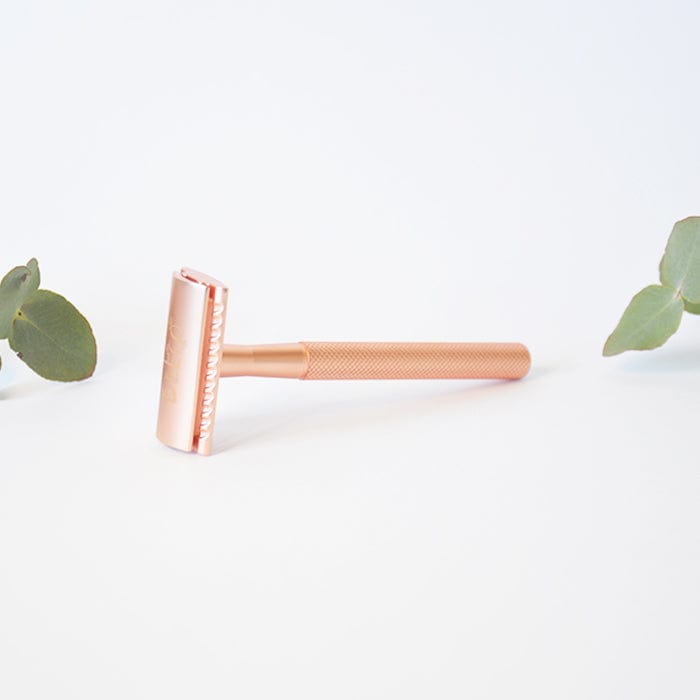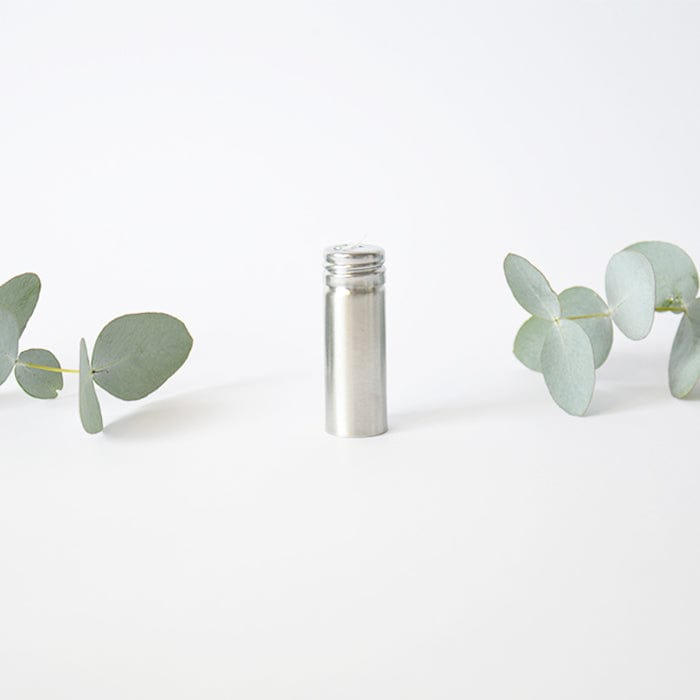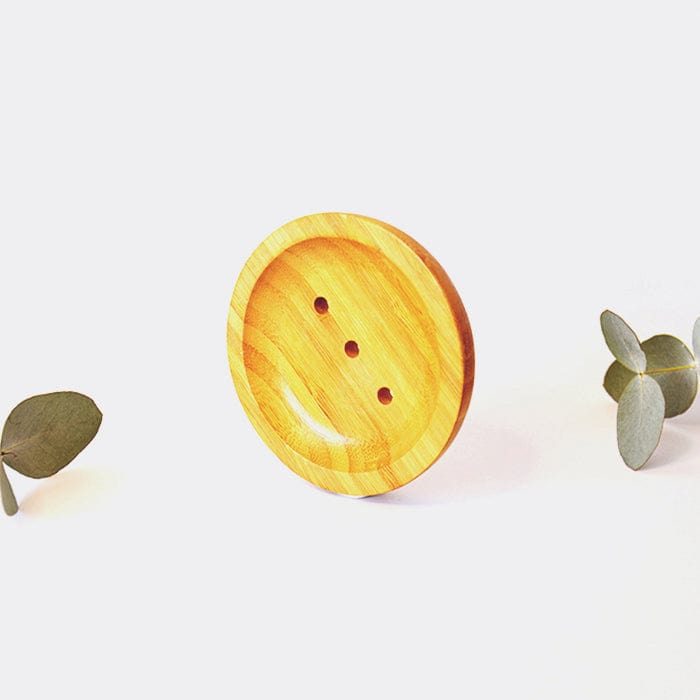While we often consider what we put in our mouths or on our bodies however, the spotlight rarely shines on period products. While we are getting better at opening about our feminine hygiene habits, it is still a taboo subject for many. We want to push the stigma aside and give you some insight into what your options are for a more sustainable, toxin free and zero waste period.

There are many reasons to consider switching to reusable menstrual products:
- Reusable feminine hygiene products can considerably reduce the amount of feminine hygiene products entering landfill
- Choice estimates the average woman uses about 11,000 pads or tampons over her lifetime, depending on individual needs.
- The production of sanitary pads involves oil extraction, processing and production of low-density polyethylene (LDPE), with the associated CO2 emissions.
- Investing in reusable period products such as cloth pads, menstrual cup or period undies can save you money by reducing your monthly spend on pads and tampons
- By purchasing an eco friendly and responsibly produced period product you can reduce your exposure to harmful toxins and may even find your periods are less of a hassle
- Some pads can contain traces of harmful chemicals such as dioxins and synthetic fragrances
- It's been estimated that each pad will take 500–800 years to biodegrade, while one source says tampons may take six months to biodegrade in landfill.
- Some tampons which are not certified organic can contain traces of pesticides or bleach
- Using tampons can change your vagina's moisture level
- There can be odour problems associated with pads
- Reusable products can give you more confidence for activities like swimming
There are a range of period products which are available. We will give you some of the pros and cons and things to be mindful of when choosing the right product for your cycle.
Menstrual Cups
Period cups are bell shaped foldable cups designed to be inserted into the vagina and collect menstrual flow. Once you inserted the cup it will unfold and form a seal inside that prevents leakage. They have been around as long as tampons but aren’t widely advertised. There are a few factors to consider when looking for a period cup:
- Material - there are a few types available including medical grade silicone, TPE (rubber and plastic), or latex
- Firmness - cups can be firm, medium or soft. The firmer they are the easier they unfold inside but it may be trickier to insert them, also those with a sensitive bladder may want to opt for a softer cup
- Capacity - they can hold between 20 - 30 mL
- Size - the length and diameter of cups varies and the right size will depend on your shape. Typically there is a size for those who have given birth or not.
- Shape - there are a variety of shapes available with different sized rims and stem designs. It can be tricky to find the right fit, it's really trial and error.
There are a number of brands available in Australia such as:
- TOM Organic
- OrganiCup
- Hello Cup
- Mooncup
- Ruby Cup
- DivaCup
- Juju
- Lunette
Pros of menstrual cups:
- Easy to use if you've used tampons
- Convenient, easy to travel with and you will only need 1 per year - recommended to replace annually
- Affordable as they are designed for long term use, pay upfront and save in the long term
- Environmental benefits as less landfill waste compared to tampons and pads
- Health benefits as it does not change your pH balance or absorb fluid like a tampon
- Hypoallergenic - suitable for sensitive skin (check cup composition to avoid latex)
- Less changing required - can stay in up to 12 hours unlike tampons which are 4 - 8 hours
- Hold up to 3 x the liquid of a tampon
- Less odour as the collection happens inside
- Once you find the right fit you should not notice it's there
- Suitable for those with an active lifestyle, no wings or string and can be used while running, swimming or yoga
Cons of menstrual cups:
- Emptying the cup can take some getting used to - can seem messy until you get the hang of it
- Getting the right fit can be challenging - you may need to try a few brands initially to find the right fit
- Insertion can be challenging for younger users
- Removal takes some getting used to and can be more challenging for those who have an IUD as you don't want to dislodge it
- You need to steralise the cup between cycles and before use to ensure its clean
- Always make sure you have clean hands when inserting and removing the cup
Period Underwear
Period undies are underwear which have a moisture wicking highly absorbent layer and are designed to be washed and reused. They are becoming more widely available in Australia with brands. Here is the list of 2021's Top 10 Period Panties
- Modibodi
- Bonds
- TOM Organic
- Thinx
- Love Luna
- AWW
Pros of period undies:
- Available in a range of sizes, styles and absorbency levels
- Comfortable and likely to feel more dry than a sanitary pad
- Easy to use no insertion or removal is required
- Can work as a replacement for disposable pads or a backup for a period cup
- Can be worn all day, unless you have a particularly heavy flow
- Less bulky than pads and no wings or hanging strings
- Easy to clean - machine washable
- Easy to buy online with many offering free shipping or buy in supermarkets or department stores
Cons of period undies:
- Due to the absorbent layer they can take a while to dry so you will need to buy several pair if wearing them for a couple of days
- They can't be put in the dryer due to the absorbent layers
- Some may find they feel soggy at times
- Washing and transporting the used undies while travelling can be difficult
- If you need up to 7 pairs you may find they will cost about the same per year as tampons
- You may not find them to be leak proof on heavier days
- Some period underwear brands can contain potentially harmful chemicals and need to be washed according to instructions always do your research before investing
Reusable Pads
If you are looking for an eco friendly organic period product there are several cloth pads available which are made from organic cotton like HannahPad. Reusable pads work much like the disposable version but are designed to be washed and reused. Here are some things to consider about cloth pads:
- What's it made of - while there are some transparent brands out there that disclose all their materials, some are less open. Look for unbleached organic fabric, and check what the leakproof layer is made from - it there is one.
- How does the pad stay in place - while the disposable versions uses a sticky adhesive, the reusable versions may use a combination of silicone grip and press studs to secure them in place
- Absorbency - typically the reusable pads have varying absorbency based on the number of layers of fabric used, you can buy a variety of sizes depending on your typical cycle
- Washing instructions - the way to care for the pads will depend on what they are made of, so before purchasing make sure you are up to the challenge
Pros of reusable pads:
- Generate less landfill than the disposable option, also may create less environmental damage in production than plastic pads, depending on how the brand you buy is made
- Softer and more breathable than single use sanitary products
- Better against your skin
- Less exposure to toxins present in some disposable pads
- A well made product can last 2 - 3 years
Cons of cloth pads:
- You will need to rinse, soak then wash your pads
- May take some getting used to if not previously a pad user
- May have to change frequently on heavy days
It's important you consider what's best for your body and lifestyle and make an informed choice about your feminine hygiene. For those not ready or comfortable making the switch to reusable period products always look for organic options for pads and tampons to ensure you are not exposing yourself to unnecessary toxins.
